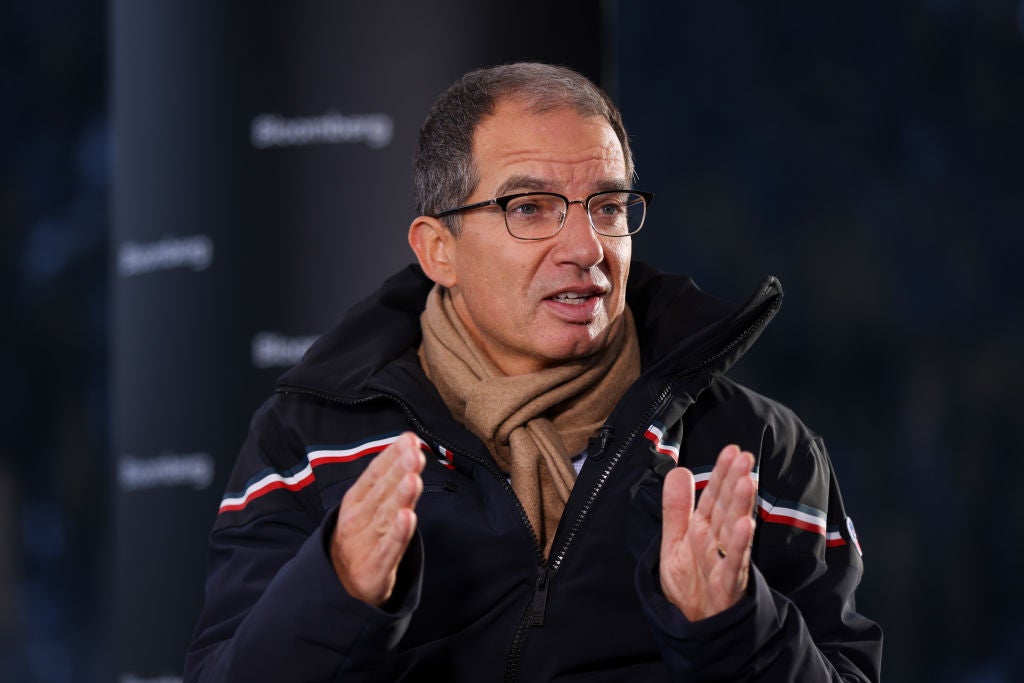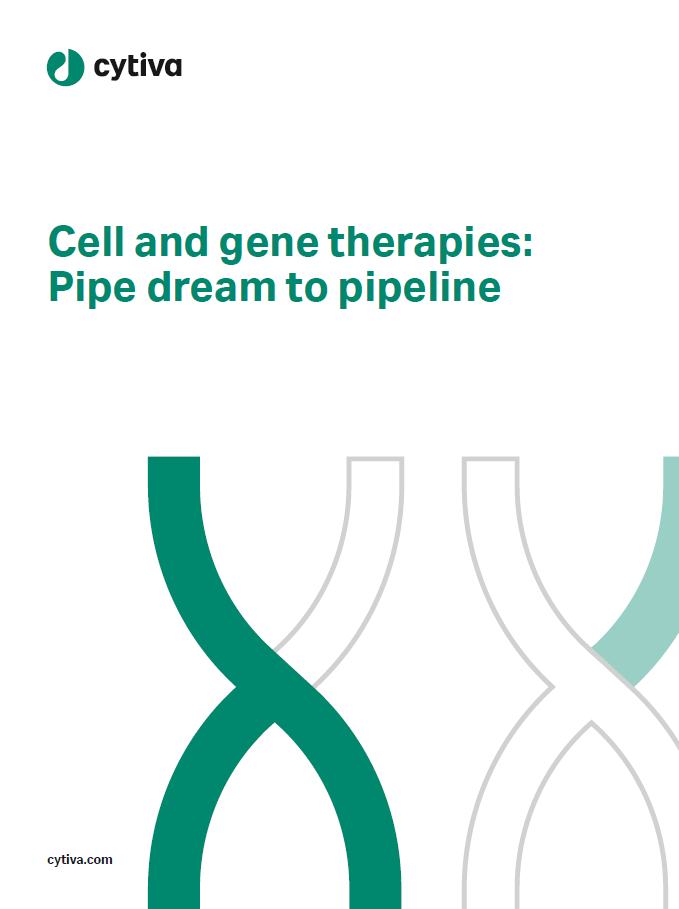

This week, at the World Economic Forum Annual Meeting, Moderna CEO Stéphane Bancel, said the company plans to build on its exponential growth through the pandemic by expanding its operations globally over the next few years.
In 2020, Moderna made a net loss of $747 million while its investigational mRNA vaccines were under development. However, during the Covid-19 pandemic, the US-based biotech rose to prominence as it was one of the first companies to develop Covid-19 vaccines with its mRNA technology. In 2021, Moderna had a net income of $12.2 billion. In 2022, it was reported that Moderna made $18.4 billion in Covid-19 vaccine sales. In a January business update, the company predicted it will make a minimum of $5 billion in new vaccine sales.
Moderna’s Covid-19 vaccine Spikevax is an mRNA vaccine that can be adapted to new SARS-CoV-2 variants. This is particularly important as the new variant XBB.1.5 has led to a spike in cases in several regions in the new year. As of last week, this variant now accounts for 43% of reported Covid-19 cases in the US.
However, Moderna is confident in its vaccine’s adaptability to different variants as. In a panel discussion on the “State of the Pandemic”, Bancel said, “We’ve shown this summer that we are able to adapt to different variants very quickly”. The CEO illustrated his point, by discussing that in June, the Center for Biologics Evaluation and Research (CBER), at the FDA, requested new vaccines for the BA.5 Omicron variant. Following this request, the company was able to get these vaccines into pharmacies within 60 days.
Even though new variants continue to emerge, in September, the World Health Organization (WHO) declared that the end of the Covid-19 pandemic is “in sight”. This comment amongst others was a sign that companies like Moderna that have majorly focused on Covid-19 therapeutics would need to establish new ways to have a lasting place in the pharmaceutical industry.
More recently, Moderna has begun expanding its scope through global partnerships and deals. On January 4, the company announced plans to acquire Japanese biotech OriCiro Genomics in an $85 million deal. Bancel explained that this deal will “shrink the time to get from designing the sequence to having products ready by two more weeks”. Moderna expects this technology to be ready for use by autumn in 2024.
Increasing manufacturing capacity for pandemic prevention
“The other piece we are working on is … how do we build manufacturing capacity around the world?”, said Bancel. As of December, Moderna cemented a 10-year partnership with the UK government to invest in mRNA research and development (R&D) in the UK and build an Innovation and Technology Centre with the capacity to produce up to 250 million vaccines a year. Construction will start in early 2023, and the UK plans to produce the first mRNA vaccine there in 2025.
This will allow UK citizens to have a locally-made supply of Moderna’s Covid-19 vaccines and any mRNA vaccines approved later. The partnership announcement said it will bring 150 jobs and will “future proof” the UK against further outbreaks. Furthermore, the UK Health Security Agency plan to work with Moderna for quick vaccine development, supporting the G7 mission to “get from variant to vaccine in 100 days”.
The biotech has also made plans to expand manufacturing capacity elsewhere. In autumn, the company bought land to build a manufacturing facility in Canada, as part of a similar 10-year partnership with the Canadian government to strengthen the company’s pandemic response. Moderna has also begun the construction of similar facilities in Australia in a different 10-year partnership, and will soon start building in Kenya. The Australian facility will be built in Melbourne and may produce up to 100 million mRNA vaccine doses annually, including those for respiratory infections. The new Kenyan facility is expected to have a capacity of 500 million vaccine doses per year. Further plans are also being made for similar deals in the US and Switzerland.
At the WEF, Bancel outlined plans saying, “We are talking to a couple more countries, because I would really like to have mRNA capacity on every continent.”
In a separate interview with Reuters, Bancel said Moderna is in active discussions about supplying China with its Covid-19 vaccines. Reportedly, these discussions also touch upon factories and Moderna’s cancer therapeutics.
The manufacturing expansion plans go beyond Covid-19 vaccines and therapeutics. “We can use exactly the same machines in the same plant to make other vaccines, and so the flexibility is what gives me hope, not only for the variants that nature might throw at us, but also for other vaccines,” says Bancel.
During the panel, Bancel discussed plans to get mRNA vaccines for the 15 high priority viruses, as identified by the WHO, into the clinic. According to the website, Moderna’s mRNA access program intends to “accelerate the creation of new vaccines using mRNA technology in collaboration with global partners”. This program aims to bring collaboration with researchers to develop novel mRNA treatments for “emerging and neglected infectious diseases”.
Bancel explained that these plans for global expansion are majorly driven by efforts to prevent another public health disaster like the Covid-19 pandemic. “We know that outbreaks will happen. How do we stop them from becoming full blown pandemics?” said Bancel.
Cell & Gene Therapy coverage on Clinical Trials Arena is supported by Cytiva.
Editorial content is independently produced and follows the highest standards of journalistic integrity. Topic sponsors are not involved in the creation of editorial content.



